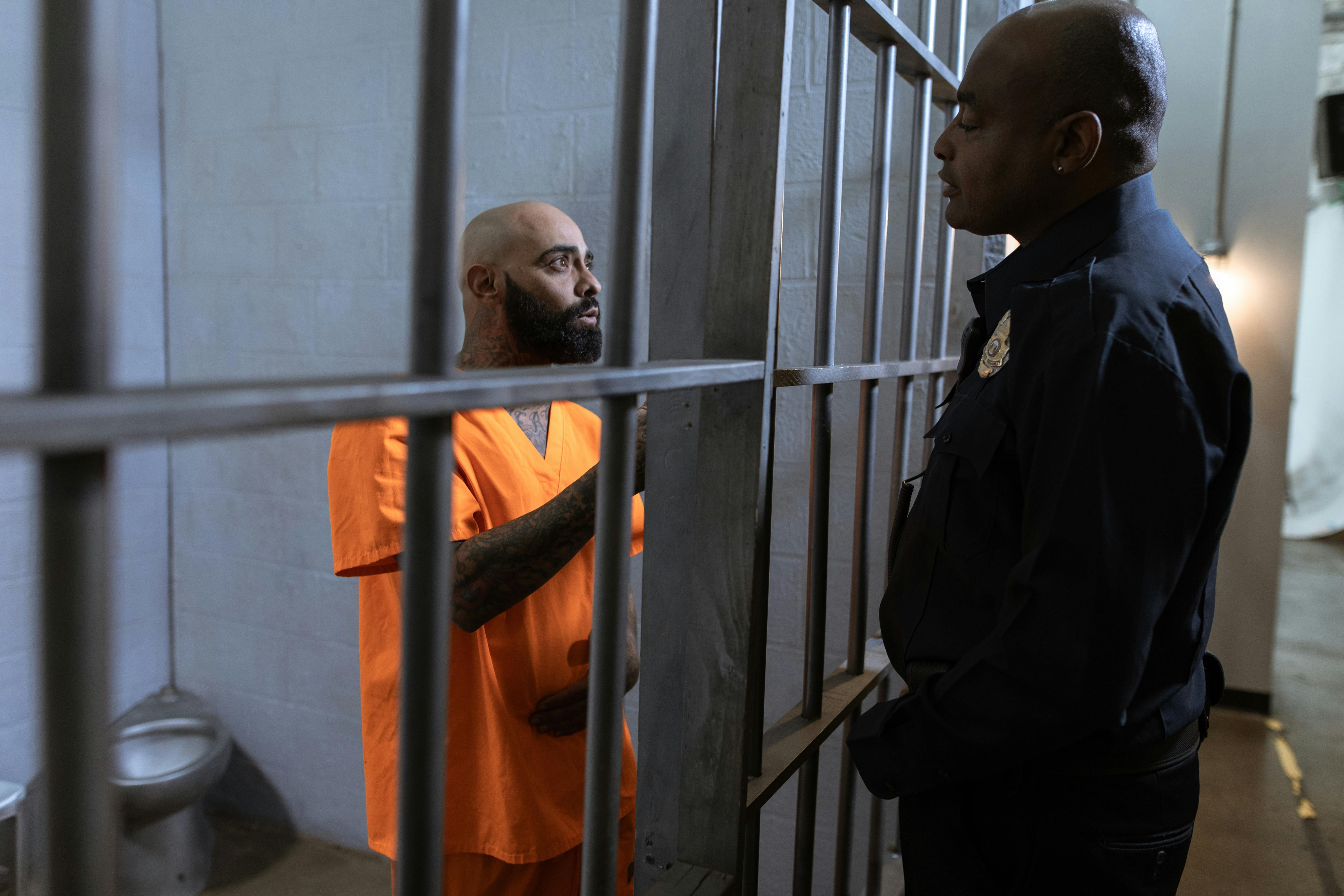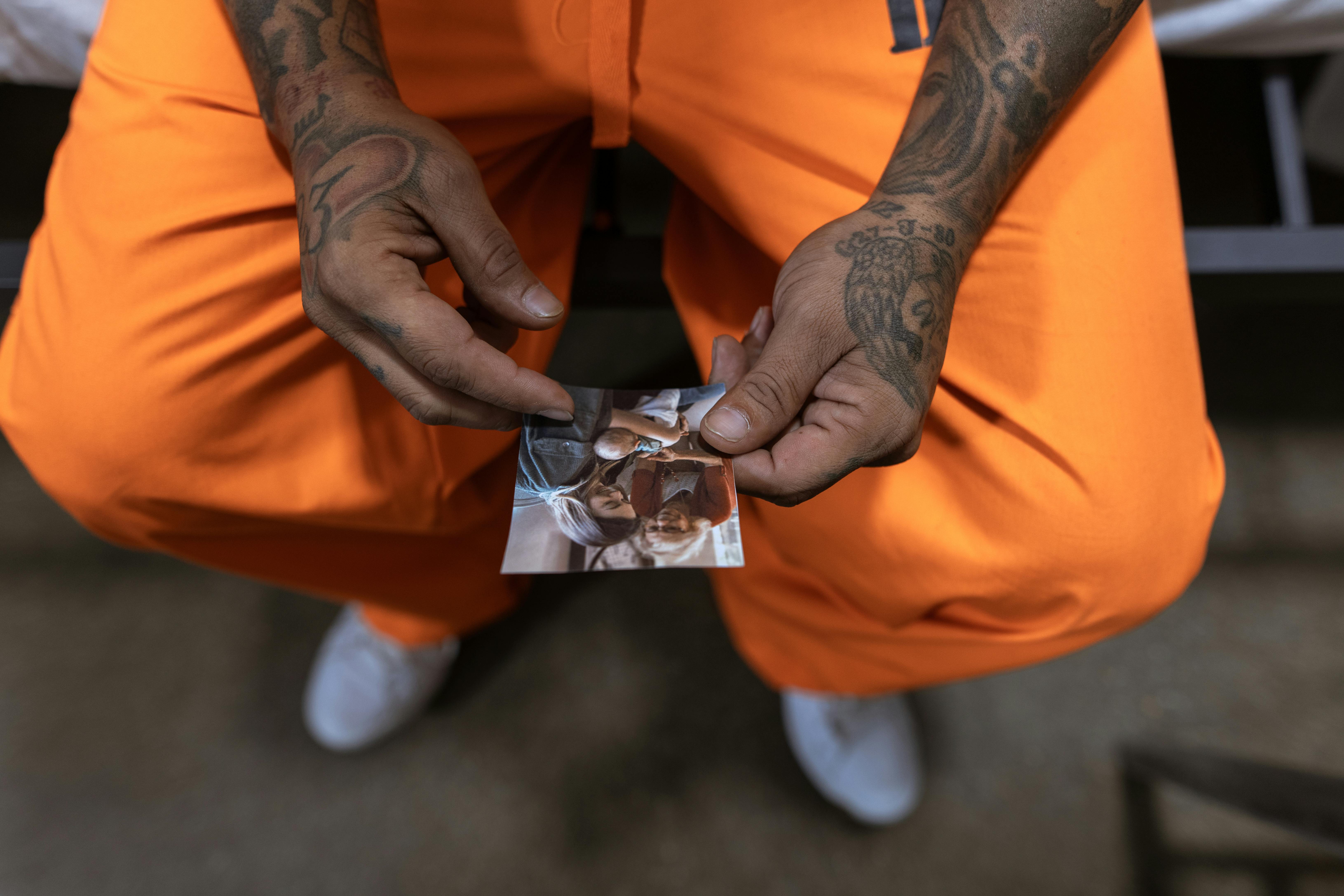
Russia’s accession to the WTO – what does it mean?
Better late than never
On November 11, 2011, the Russian and WTO working groups agreed on terms to pave the way for Russia’s acceptance into the World Trade Organization. The membership of the Russian legislators was approved on August 22, 2012.
The road to membership has been, to put it lightly, arduous. The original negotiations began in 1993 and have continued ever since.
Following his successful presidential election in 2000, Vladimir Putin backed the accession plans and was a key player in the final outcome. He showed his frustrations more than once in the negotiations and how “the rules of the game” were changed to suit the different WTO partners.
Although the WTO is ostensibly an apolitical global trade organization, the delays and barriers Russia has faced in recent years have been politically charged.
Before the agreement, Vladimir Putin said in a recent interview on Chinese television;
“We want to join the World Trade Organization. This is our goal and our objective. In our opinion, this would have a generally positive impact on the Russian economy, mainly because it will increase the level of confidence in the economy and in the administration.” and legal procedures within the economy. By the way, we have fully adjusted our national legislation to the requirements of the WTO. We’ve done it. We have also resolved major issues with all key partners. I think it’s become more of a political issue.”
He was less diplomatic when interviewed on Russian television when he criticized the EU and the US for procrastinating and deliberately delaying Russia’s accession. This backdrop is against open hostility toward Russia by some US lawmakers who wrote to the US Trade Representative at the WTO on November 10 about their “significant concerns” and demanding that Russia show “transparent actions , substantive and expeditious” in its accession to the WTO. obligations
“Noun” could be used like a Russian corset, but neither “transparency” nor “promptness” are virtues I see much of in the Federation.
As an organization, the WTO monitors and liberalizes international trade, regulates trade among member countries, and provides the platform for negotiation and trade agreements.
Importantly to Russia’s success and its ability to attract new domestic investment, the WTO enforces dispute resolution aimed at members’ adherence to WTO agreements.
The WTO has 153 members and represents more than 97% of the world’s population, so Russia’s absence since the fall of the USSR has been anachronistic. With a GDP of $1.5 trillion and as the world’s largest producer of oil and gas, Russia should have been in the WTO years earlier.
Membership in the WTO will not change the business environment or the high-risk assessment that foreign investors give to Russia. What it should do is add momentum to the important drives for reform and efficiency and reflect the seriousness the Russian government takes in combating inefficiency, corruption and favoritism.
Look at the closure of hundreds of customs posts, the firing of many customs officers and the opening of new import facilities to promote faster and fairer growth, plus the billions of dollars attracted from the automotive and pharmaceutical sectors in the last 12 months.
There is no doubt that membership is good for Russia. It brings much-needed capital to Russian markets. Strained relations with the West followed the five-day Georgian conflict of 2008, and in the seven months after the hostilities, investors took $300 billion out of Russia. In 2011, additional outflows reached $70 billion against a forecast of $36 billion from the Russian central bank.
According to the World Bank, Russia’s membership in the WTO will bring incremental and sustainable annual economic growth of 2% and this success is measured against the background of contraction and uncertainty in global markets. Russia’s accession to the WTO is the ‘good news’ that world markets are looking for after the failure of the WTO in Doha, the unrelenting disaster in the Eurozone and the relentless depressing news from the US markets.
The consensus to join the WTO (the final barrier fell when Russia and Georgia signed an agreement approving Russia’s entry into the WTO on November 9 in Geneva, after both agreed to international monitoring of the disputed crossings with Ossetia and Abkhazia) came just weeks after Vladimir Putin confirmed his return to the Russian Presidency on September 24.
Following this consensus, the ruble was the best performer of the top 25 currencies, having gained more than 5% against the US dollar. The Russian stock market gained more than 15% in what has been the biggest jump in the world and Russian oil jumped 7% in the same period.
Whether WTO accession is good in the short term for smaller or inefficient industries is another story. Fears abound that cheap imports will flood the market and ‘small’ Russian industry will suffer. Who and what are these ‘small’ industries, I do not know. Russia today is a large importer of consumer goods and distributors may find they have new competition on their hands, but the absence of a cottage industry begs the question.
Russia exported more than 400,000 million dollars in 2010, preferably to the EU, Ukraine, Turkey, China and Belarus. Membership in the WTO opens up new markets where Russian products have historically been blocked. Russian iron and steelmakers have been vocal supporters of Russia’s accession and will be the main beneficiaries as trade barriers are lowered and Russian products are allowed access, if not welcomed into the new markets. . General imports were valued at almost $250 billion
Maxim Medvedkov, Russia’s chief negotiator at the WTO, said: “More than a third of our GDP is produced abroad… we are seventh in the world in terms of exports. We need a stable and predictable instrument to develop trade “.
European companies are initially better positioned to take advantage of Russia’s entry into the WTO. EU companies are prevalent in Russia’s foreign trade and have been integrated longer than other blocs. In the short term, the US’s opportunities are restricted by the Jackson-Vanik amendment, but since Jackson-Vanik violates WTO membership, Russia will have to be freed very quickly. For all the American political bluster and anti-Russian sentiment, Jackson-Vanik will go by default or American companies will lose opportunities.
What will be the differences?
Domestic producers of consumer goods will face increased competition from imports and this sector has been earmarked for protection and measures to help it become more efficient.
The WTO rules require the liberalization of the national energy market and the end of monopolies and gas subsidies. This means more competition in Russia’s domestic gas market and easier access for independent producers with domestic prices approaching the export price.
Given the effort the Russian government has made to attract domestic investment in both R&D and manufacturing, it is not surprising that protection is in place for infant and emerging industries for seven years. The agricultural, automotive, and aviation manufacturing sectors are delimited.
Exporters will face fewer obstacles in terms of tariffs and import quotas, which will be phased out, rather than becoming members overnight.
The main terms of the WTO agreement are:
The average import tariff will be reduced from 10% to 7.8% with an agreement to reduce 33% of tariffs from the date of accession. 25% of rates will be reduced after three years, while other rate changes (eg auto and aviation) will be reduced after seven years. Agricultural tariffs are protected for eight years.
The average agricultural import tariff will be reduced from 13.2% to 10.8%. Dairy import tariffs will drop from 19.8% to 14.9% and cereals from 15.15 to 10.0%.
Import tariffs on poultry products will be protected for eight years and the total agricultural subsidy from the Russian government will be capped at $9 billion in 2012 and then reduced to $4.4 billion by 2018.
The average manufacturing import tariff will be reduced from 9.5% to 7.3%
The car import duty will be reduced from 15.5% to 12.0% but with a protection period of seven years. Preferential tariffs for automakers that make large investments in production based in Russia will be reduced on July 1, 2018, within the agreements of Decree 166/566.
The chemical import tariff will be reduced from 6.5% to 5.2%
Russia has agreed to develop market-based prices for the domestic market but, in accordance with its social programs, it will continue to regulate prices for domestic and non-commercial users.
The limit for foreign capital ownership of 49% for the telecommunications industry will be removed in 2016.
100% foreign-owned banks will be able to open in Russia for the first time, but with an overall limit of 50% control of the sector by foreign banks.
Foreign insurance companies can open their own branches nine years after Russia’s entry into the WTO 100% foreign-owned companies will be able to operate in the wholesale, retail and franchise sectors immediately after membership.
In short, we can say ‘better late than never’ and appreciate that the accession marathon was not a waste of time (for Russia) as the terms negotiated by Russia are advantageous. They guarantee Russia’s access to foreign markets (“most favored nation” status) and allow Russia to use the WTO for the settlement of any trade dispute. Membership creates a better climate for foreign investment and provides greater opportunities for Russia to invest in WTO member countries.
Russia can now better defend its economic interests in negotiations on international trade agreements.
Of enormous importance are the transitional concessions that limit the access of foreign goods to Russia while Russia improves production and infrastructure to defy international competition.
Russia has shown that it is not afraid to make the necessary investment and has committed hundreds of billions of dollars to new and replacement infrastructure and manufacturing projects. Russia’s entry into the WTO is the biggest step in global trade since China joined more than a decade ago.
If you’re sitting in Strasbourg or Washington DC, you may consider that Russia has negotiated unrestricted access to world markets while securing its domestic manufacturing base against foreign incursion for an extended period and that it has done so in the course of the worst recession in world trade in modern history. It may not respect the stroke of genius that negotiated access to new markets while ensuring the protection of its own. This negotiating skill would imply that Russia’s leaders not only know what they are thinking; they also know what everyone else is thinking.






